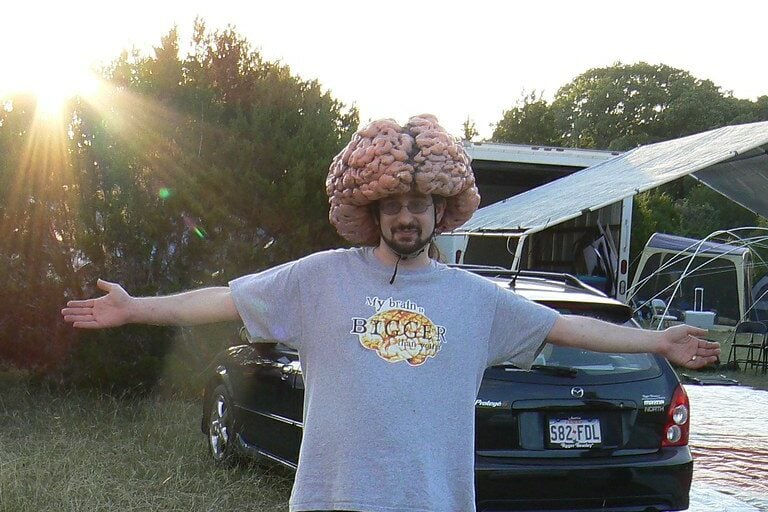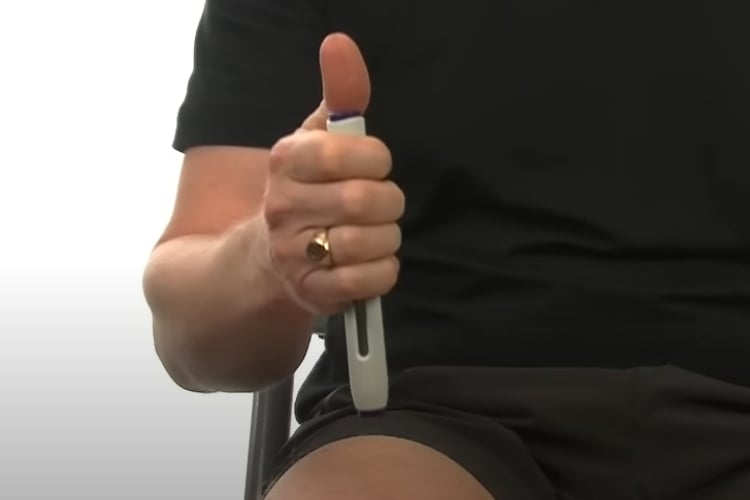
Making it Easier to Take Leqembi for Alzheimer’s
A drug for Alzheimer’s, called Leqembi, might soon be given less often. Right now, patients get it through a drip every two weeks. The idea is to change this to once a month.

A drug for Alzheimer’s, called Leqembi, might soon be given less often. Right now, patients get it through a drip every two weeks. The idea is to change this to once a month.

The unanimous 11-0 FDA vote clears an exciting path for this new Alzheimer’s drug.

South Korea joined other countries in approving LEQEMBI® (generic lecanemab) for mild cognitive impairment, mild and early Alzheimer’s. Learn how Leqembi is treating Alzheimer’s around the world.

In a span of 40 years, why did average brain size increase and dementia rates drop? A new UC-Davis study explores environmental factors behind this silent revolution.

“People with dementia living in nursing homes and in the community were prescribed less and we did not detect negative health impacts for these groups.”

LEQEMBI® is the newest Alzheimer’s drug. It is administered in hospitals via IV. Biogen applied to the FDA for approval of a home version using an “Autoinjector”. See how it works and learn its advantages.

The newest and most promising drug to fight Alzheimer’s is Leqembi. Carolyn Davis is giving it a try. Learn about the promise, the risks and how it has restored her hope,

Scheduled to begin on May 9, 2024, six new monthly sessions are now available in this free Continuing Education Program.

People with dementia may be even more vulnerable to fraud and scams than previously thought, according to an NIA study. See the story of one victim with a happy ending. Read the research.

Galantamine treats Alzheimer’s. Artificial intelligence and biosensors may pave the way to make this drug faster and cheaper.

Salk Institute’s J147 is a derivative of turmeric, a spice used in curry. Learn how it fights memory deficits and has a host of unexpected anti-aging effects in the lab.

FDA approves a newly recommended dosing schedule for Kisunla (Donanemab). It’s significantly safer due to lowered ARIA-E rates, which has been the main problem with these drugs.

A nutrient hidden in your daily meals could hold the key to preventing and slowing Alzheimer’s. Discover what Arizona researchers are revealing about the power of choline.

SHORT-TERM MEMORY lapses are obvious signs of Alzheimer’s, but other tell-tale signals begin to show much earlier. Learn how to look for semantic impairments, such as simple questions about size.

Three important dementia studies focus on HS-AGING, a type of dementia almost as common as Alzheimer’s in the 85+ group. Yet few people have heard of it. Why? What makes it different?

An intriguing study of 120 grandmothers might surprise you. Doctors know socially engaged people have better cognition and less dementia. But can a person get too much of a good thing? What’s the right balance?

Enjoy this great duet between a musician with dementia and his son. A triumph of spirit over Alzheimer’s! Sing-a-long if you like!
No spam, only news and updates.


